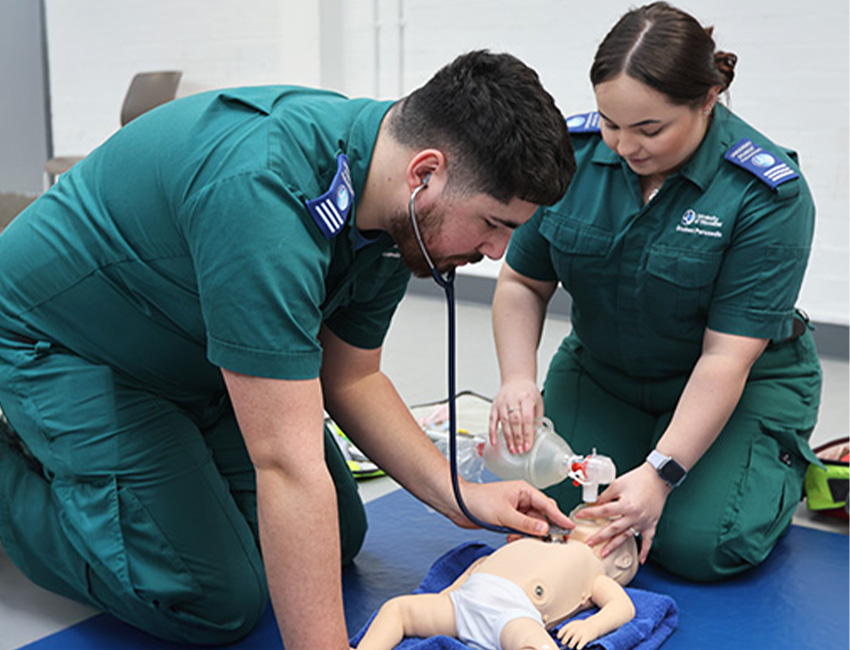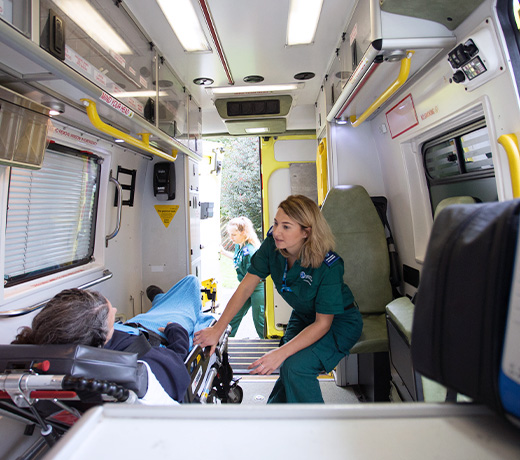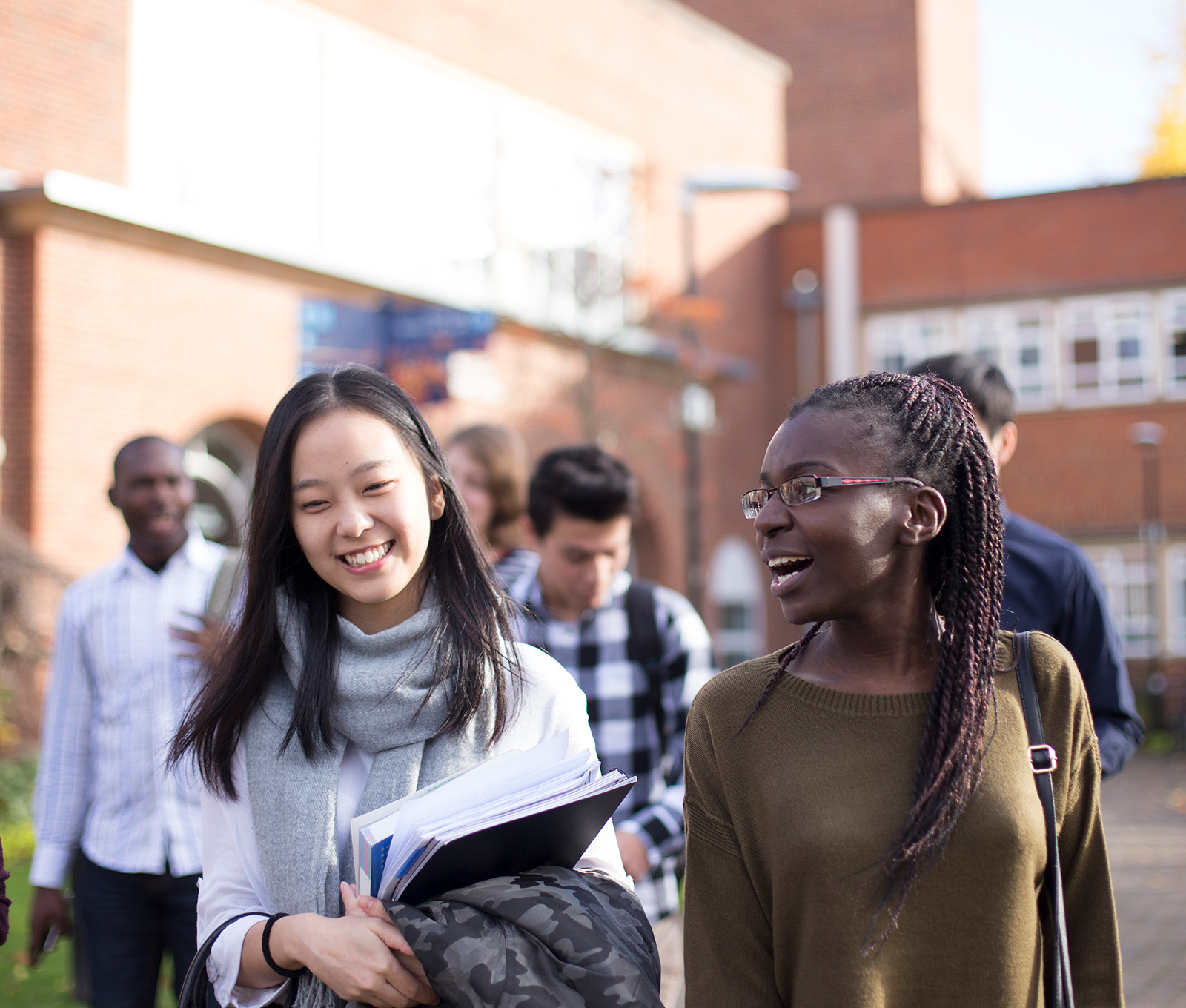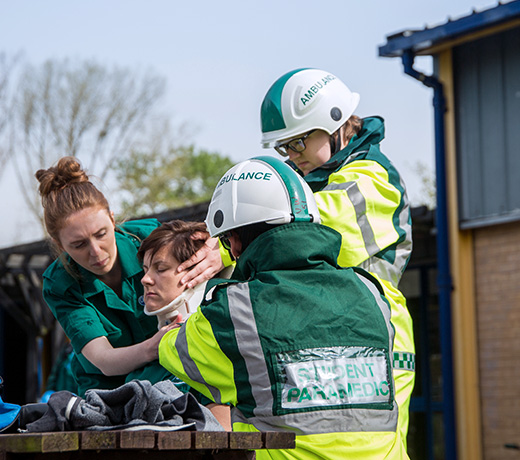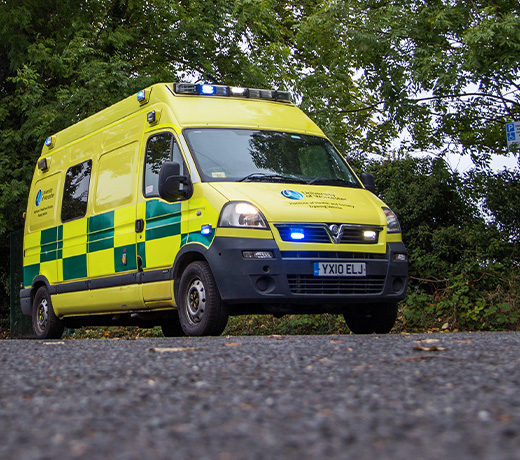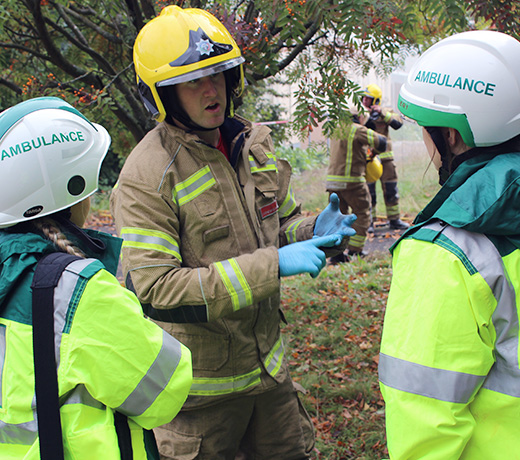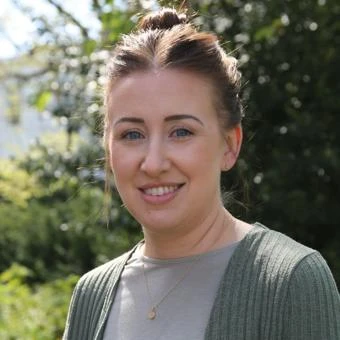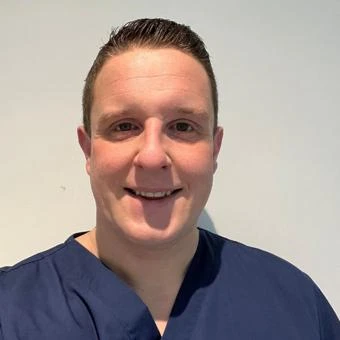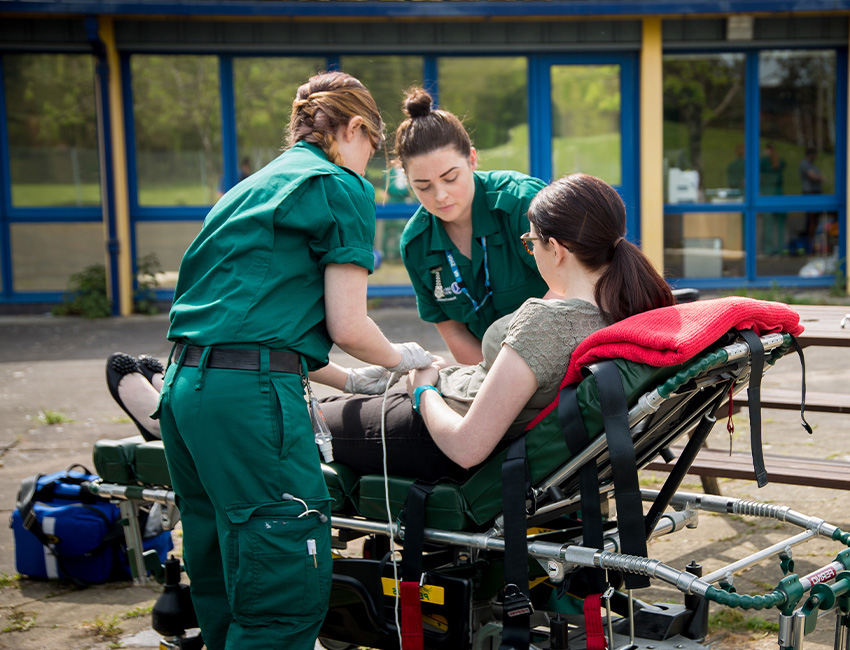The foundation year will prepare you to study paramedic science by building on your health care, science, and research knowledge. During the foundation year, you will study with students preparing for a range of professional courses, including nursing, physiotherapy and diagnostic radiography. Successful completion of the foundation year guarantees your progression to our three-year Paramedic Science degree.
grant that you won't need to pay back
Accreditation
The final three years of this course are accredited by the Health and Care Professions Council (HCPC). Once you graduate, you’ll be eligible to register with them as a paramedic.
Overview
Your first year will build up your knowledge of the fundamentals of human anatomy and the core principles of care, where you will learn and collaborate with students of other healthcare professions. With a focus on key study skills and techniques, the integrated foundation year will ease the transition of studying at degree-level, whether you’re joining us from school, college, or employment.
To become an adaptable and skilled paramedic, we’ll teach you to think critically and apply your skills to unpredictable and challenging environments. You’ll learn the essential emergency and urgent care skills through hands-on clinical skill sessions, where you will work through simulated scenarios and practice with specialist medical manikins. These will take place in our simulation suites, where you’ll become confident in using the specialist equipment available to you when you qualify, including a fully equipped emergency ambulance.
Paramedics are often the first point of contact during unscheduled, out-of-hospital care, so you’ll need to learn how to interact with the public and provide the support they need during an emergency. This course is centred around providing whole-patient care, meaning you will enter the workforce as a well-rounded, caring, and compassionate paramedic.
Placements
There are no placements during the foundation year.
In your final three years, you’ll gain essential experience through placements with the West Midlands Ambulance Service. This will be complemented by a range of other healthcare settings, including nursing homes, the primary care emergency department, paediatrics, and palliative care settings.
Course content
We regularly review our courses to reflect the latest research and developments in the subject area, as well as feedback from students, employers and the wider sector. As a result, modules may change to ensure the course remains current and relevant.
Careers
This course is fully approved by the Health and Care Professions Council (HCPC) so when you graduate, you’ll be able to register with them as a paramedic.
HCPC registration means that you can apply for opportunities in NHS ambulance services, private ambulance services and an increasing range of other healthcare environments.
This qualification is also recognised in many countries around the world, opening the doors to work in overseas healthcare settings.
Course highlights
Teaching and Assessment
Teaching and assessment contents
The Foundation Year aims to prepare you to successfully transition to academic study within Higher Education. You will be supported to develop your level of educational attainment while exploring integrated care systems in the 21st Century. The structure of the course moves you towards increasing independence in your studies to successfully engage with Higher Education study. All modules offer you structured tutor support, and each module is designed to lead you to increasing independence and confidence.
The learning and teaching strategies of this creative and exciting healthcare course promote active student engagement. The Inclusion Toolkit has been used to develop accessible, flexible and inclusive approaches that empower students to engage with self-directed learning.
You will be taught through a combination of interactive workshops, lectures, seminars, clinical skills and simulated learning opportunities, directed study, group projects and self-study packages. Interactive workshops take a variety of formats and are intended to enable the application of learning through discussion and small group activities. Seminars enable the discussion and development of understanding of topics covered in lectures, and practical sessions are focused on identifying subject and / or profession specific skills and applied knowledge through individual and group project work.
Meet the team
Entry requirements
UCAS tariff points required: 32
The UCAS tariff points can come from 1 A-level (grade C or above) or an equivalent qualification. You will also need:
- GCSE English and Mathematics at grade C/4 or above
- A clear commitment to pursuing a career in paramedic science
- To be at least 18 years old
However, all applicants will be judged on their individual merits and we may take other skills, qualifications and life experience into account. We welcome mature students without the usual formal qualifications and will consider your application based on your suitability and preparedness to complete the Foundation Year.
The BSc Paramedic Science with Foundation Year course is aimed at individuals who may have few or no relevant formal qualifications but who can demonstrate a clear commitment to pursuing a career as a paramedic. Personal, professional and educational experiences will be considered to determine motivation and ability to progress onto the degree course.
Any questions?
If you have any questions about entry requirements, please call our Admissions Office on 01905 855111 or email admissions@worc.ac.uk.
Fees
Fees contents
UK and EU students
In 2026/27 the standard fee for full-time home and EU undergraduate students on BA/BSc/LLB degrees and FdA/FdSc degrees is £9,790 per year.
Tuition fees are reviewed annually and may increase each year for both new and continuing students.
For more details on course fees, please visit our course fees page.
International students
In 2026/27 the standard tuition fee for full-time international students enrolling on BA/BSc/LLB degrees and FdA/FdSc degrees is £17,200 per year.
Tuition fees are reviewed annually and may increase each year for both new and continuing students.
For more details on course fees, please visit our course fees page.
How to apply
How to apply contents
Applying through UCAS
UCAS is the central organisation through which applications are processed for entry onto full-time undergraduate courses in Higher Education in the UK.
Read our How to apply pages for more information on applying and to find out what happens to your application.
Contact
If you have any questions, please get in touch. We're here to help you every step of the way.
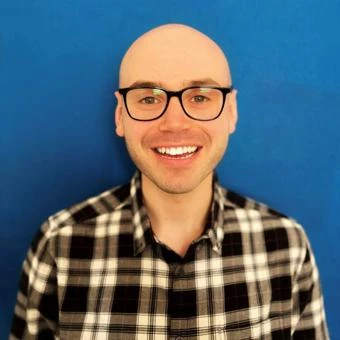
Admissions Office
admissions@worc.ac.uk01905 855111More to explore
Open Days
Visiting us is the best way to get a feel for student life at the University of Worcester.

The City of Worcester
Worcester is a welcoming university city with great transport links and plenty of student parking.

Accommodation
Benefit from our accommodation guarantee. We have rooms on campus to suit every budget including en-suite options.

